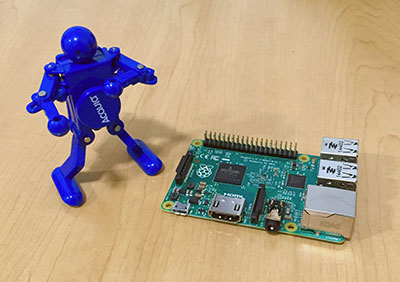
On November 19, the St. Louis Drupal Users Group is having a party to celebrate the release of Drupal 8, which has been 4 years in the making! The party will be hosted at Spry Digital in downtown St. Louis, and will have beer provided by Manifest, food and drinks provided by Spry, and a Raspberry Pi 2 model B giveaway sponsored by Midwestern Mac!
Drupal 8.0.0 has been built by over 3,000 contributors in all corners of the globe, and will help kick off the next generation of personalized, content-driven websites. During the meetup, we'll build a brand new Drupal 8 site on the Raspberry Pi using Jeff Geerling's Drupal Pi project, and we'll highlight some of the awesome new features of Drupal 8.

After we build one of the first Drupal 8 sites, we'll give away the Raspberry Pi to a lucky winner to take home and tinker with! Special thanks to the Austin Drupal Users Group, who came up with the Pi giveaway idea!
We'll also eat, drink and be merry, celebrating the start of a new era of site building with the best version of Drupal yet!
If you'd like to join us, please RSVP on the STLDUG Meetup page: STLDUG Drupal 8.0.0 Release Party.




